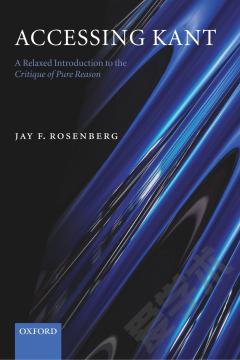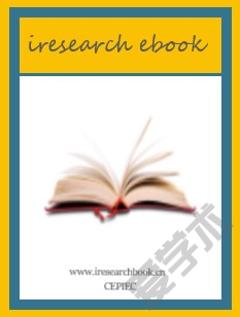Accessing Kant —— A relaxed introduction to the Critique of Pure Reason
----- 访问康德:对“纯粹理性批判”的轻松介绍
Introduction: Two ways to encounter Kant 1. Intelligibility: From Direct Platonism to Concept Empiricism 2. Epistemic Legitimacy: Experiential Unity, First Principles, and Strategy K 3. The World from a Point of View: Space and Time 4. Concepts and Categories: Transcendental Logic and the Metaphysical Deduction 5. Perceptual Synthesis: From Sensations to Objects 6. Schemata and Principles: From Pure Concepts to Objects 7. Synchronic Manifolds: The Axioms and Anticipations 8. Diachronic Manifolds: The Analogies of Experience 9. Duration and Persistence: Substance in the Analogies 10. Succession and Simultaneity: Causation in the Analogies 11. The World as Actual: The Postulates and the Refutation of Idealism 12. The Thinking Self as an Idea of Reason: The Paralogisms 13. Reason in Conflict with Itself: A Brief Look at the Antinomies Epilogue: The Rest of the First Critique
{{comment.content}}








 京公网安备 11010802027623号
京公网安备 11010802027623号